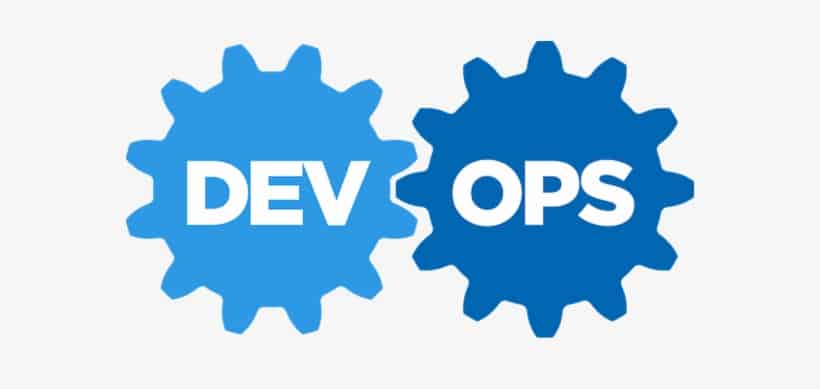What does a Dev Ops engineer do?
DevOps (development + operations) is a methodology that originated in 2009 aimed at bringing programmers and system administrators together to increase the frequency of releases. Dev Ops engineer is a specialist who works at the junction of these two positions and is engaged in automating the application life cycle (including design, development, testing, deployment, support, and monitoring). Let’s take a closer look at what does a Dev Ops engineer do?
DevOps Engineer connects:
- developers – who want to make a product as quickly as possible,
- to the engineers – who support it.
For example, developers have made and released a system. It can work independently, but the external conditions are constantly changing: the servers can fail, the people who developed the game can leave the team, the load on the server increases, and it needs an upgrade, etc. This is precisely what engineers are needed for, who will not let it “fall” this whole system.
DevOps specialists accompany the product life cycle from start to finish, help to collect all processes into a single system and describe them, reduce development time, increase its efficiency and safety. And if there is no such person in the team, then someone else will perform his functions, but this is an additional burden, which means a decrease in the quality of work.
What DevOps does at work
A DevOps engineer is involved in everything that makes development faster and more efficient.
- Creation of tools and design of infrastructure for software development.
- Process automation. For example, checking the operation of the application. We created it and must check whether it is possible to log into it, whether it is possible to leave a comment, how the program behaves in the mobile version, etc. DevOps engineers help to automate such checks.
- Working with cloud technologies. “Cloud” differs in the method of storing and processing data from a computer, which means that its principle of operation is different. DevOps Engineer helps organizations get the most out of the cloud while minimizing risk.
- Solving urgent tasks.
- Integration. Typically, on projects, engineers write pieces of common code. Sometimes it happens that code that works well on the computer where it was written will not run at all on the other “machine”. In CI, Dev Ops collect pieces of code that have been made by different developers and check if they compile. They also analyze these code parts and give recommendations for improving security, eliminating potential bugs, etc.
- Support and monitoring of processes.
What DevOps should be able to do
A core Dev Ops skill is the ability to quickly understand many different systems. Every system has components – and he needs to quickly understand each component and how they interact with each other. This also includes “troubleshooting” as a skill, which comes with time.
Fundamental skills that every DevOps needs:
- Knowledge of operating systems and the principles of their work. Any product is written and then works in a certain environment. Knowing the environment, we understand what it takes for the product to function properly. It’s hard to put one operating system first. At a minimum, you need to understand Linux and Windows.
- Basics of programming. It’s just like knowing letters and grammar in order to learn a foreign language: what are bits and loops, how to work with code and its syntax, etc.
- Experience in computer networks. What are their varieties, what are the differences, how they work, basic concepts – all this is important.
- Proficiency in a scripting language, preferably several. Bash, Python, PowerShell, etc. – it all depends on the platform you are going to work with. Yes, a DevOps engineer does not develop a product directly, but at the same time, he is engaged in process automation, which is based precisely on additional code.
- Understanding virtualization and containerization.
- Knowledge of cloud systems. It’s simple: the business is now going into cloud resources, providers, hosting, which means that the DevOps engineer must understand them. Moreover, it prepares the infrastructure for development from different numbers and sets of cloud services.
All these skills are just the basics. The bottom line is that in DevOps technologies are constantly changing and emerging, they need to be tracked and adapted in time.




